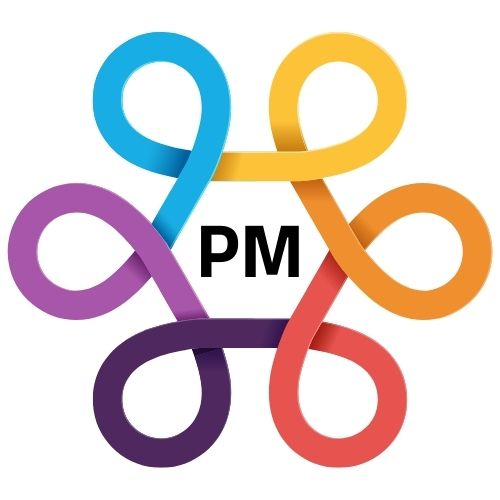The Effect of Artificial Intelligence on SEO for Educational Institutions

The Effect of Artificial Intelligence on SEO for Educational Institutions...
Artificial intelligence (AI) is transforming the digital landscape, and its impact on search engine optimization (SEO) is profound, especially for educational institutions. In the competitive world of online education, universities, colleges, and e-learning platforms need to adapt to stay visible to potential students. Leveraging AI in SEO can enhance visibility, improve user experience, and ultimately drive more traffic to a school’s website. Here’s how AI is reshaping SEO strategies for educational institutions.
1. AI-Powered Keyword Research
Effective keyword research has always been at the core of SEO. However, traditional methods can be time-consuming and sometimes limited in identifying the most relevant and high-impact terms. AI tools like Google’s RankBrain and other AI-driven keyword research platforms can analyze vast datasets to identify the keywords that potential students are using to search for educational programs, courses, or institutions. These tools can also help identify long-tail keywords and search queries that may have previously been overlooked, increasing the likelihood of attracting a more relevant audience.
2. Personalized Content Creation
AI is also playing a key role in personalizing the content experience for prospective students. By using AI to analyze user behavior and search intent, educational institutions can create content that speaks directly to the needs and interests of specific audiences. Whether it’s blog posts, landing pages, or course descriptions, AI helps tailor content to resonate with the searcher’s intent. For example, AI tools can optimize for local SEO by creating region-specific content that is more likely to engage local students or prospective international students interested in studying abroad.
3. Improved User Experience with AI
User experience (UX) is a critical factor in SEO rankings. Google’s algorithm considers how well users interact with a website, and it rewards websites that offer a smooth, fast, and engaging experience. AI-powered tools can help educational institutions improve website navigation, page load speeds, and accessibility. AI chatbots can assist prospective students in real-time, answering questions about programs, deadlines, and application processes. This not only improves user satisfaction but also keeps potential students on the site longer, which can positively affect SEO rankings.
4. Voice Search Optimization
With the rise of voice assistants like Google Assistant, Siri, and Alexa, optimizing for voice search is becoming increasingly important for SEO. AI is central to the rise of voice search, as it enables search engines to understand natural language queries. For educational institutions, this means adjusting content to reflect how students might phrase their queries when speaking rather than typing. For instance, instead of searching for “best online marketing course,” a voice search user might ask, “What is the best online marketing course for beginners?” AI can help identify these variations and optimize content accordingly.
5. AI in Content Optimization and Analysis
AI-powered tools like Clearscope, Surfer SEO, and MarketMuse analyze high-ranking content to offer insights into keyword density, content length, and readability. These tools help educational institutions optimize their existing content to match search engine trends and standards. AI also helps track performance metrics and suggest adjustments for improvement. This ability to analyze content in real-time ensures that educational institutions can maintain top positions in search rankings and stay ahead of their competitors.
6. Predictive SEO with AI
AI can help predict SEO trends by analyzing historical data and identifying patterns in search behaviors. Predictive tools can forecast which topics and keywords will become popular, allowing educational institutions to create content that aligns with future search trends. For example, if AI identifies a growing interest in online degree programs or specific courses, educational institutions can adjust their content strategy to capitalize on that demand before it peaks, giving them a competitive advantage.
7. AI and Link Building
Building high-quality backlinks is an essential aspect of any SEO strategy. AI tools can assist in identifying link-building opportunities by analyzing competitor websites, industry publications, and relevant academic sources. AI-driven outreach tools can automate the process of contacting authoritative websites for backlinks, saving time and improving efficiency in securing high-quality links. Educational institutions that are featured in reputable academic or news sites see improvements in their SEO rankings as a result.
Conclusion
AI is revolutionizing the SEO landscape for educational institutions, allowing them to connect with prospective students in more meaningful and impactful ways. By implementing AI in keyword research, content creation, website optimization, and predictive analytics, schools and universities can enhance their digital presence, improve user experience, and ultimately drive more traffic to their websites. As AI continues to evolve, educational institutions that embrace these innovations will be well-positioned to remain competitive and maximize their online visibility.
Adopting AI tools in SEO is no longer a luxury—it's a necessity for educational institutions aiming to lead in an increasingly digital-first world.
